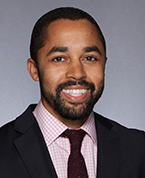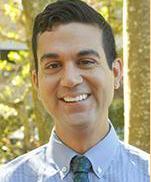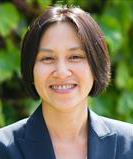Assistant Professor
Neural Adaptations that Occur in the Childhood Disease of Strabismus
Dr. Adams is a visual neuroscientist specializing in binocular vision in humans and non-human primates. He uses psychophysical, behavioral, electrophysiological, and anatomical techniques to study the primate visual system at a number of levels from the retina to the cortex. He is currently investigating the neural adaptations that occur in the childhood disease of strabismus.
To Learn More:
https://profiles.ucsf.edu/daniel.adams
Research Areas:
Neuro-Ophthalmology, Amblyopia, Strabismus, or Eye Movement Disorders
Learn more about UCSF Ophthalmology faculty research.







